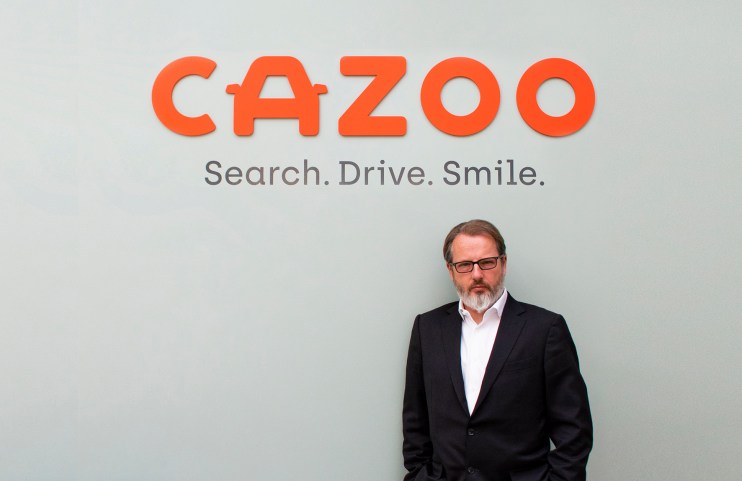SPAC phenomenon helps global M&A break $1 trillion barrier in first quarter

It has been a flying start for global M&A this year with blank-cheque vehicles becoming one of the principal drivers of deal-making.
Special acquisition companies – SPACs – have become the go-to option for firms looking to go public. For targets the vehicles are potentially an easier route to market than a traditional IPO.
The largely US phenomenon has fuelled a rush of deals worth $1.3 trillion in the first quarter, according to figures from Refinitiv. A number of the biggest deals involved a SPAC, with the value of combinations totalling $172bn.
SPACs are shell companies that are listed on the stock exchange and then merged with target businesses.
The biggest deals of the year have so far involved operating companies with the top two in the transport sector. Aercap bought rival Capital Aviation Services in a deal worth $31.2bn while Canadian Pacific Railway bought Kansas City Southern for $28.7bn. It has meant first-quarter deals have surpassed levels of the dotcom boom.
Tesla rival Lucid Motors agreed to merge with Churchill Capital IV in February in what has been this year’s biggest SPAC deal so far. The deal includes a $2.1bn cash contribution from Churchill and a private investment in public equity (PIPE) injection of $2.5bn from investors.
In the last week alone WeWork and Cazoo have announced plans to go public via a blank-cheque vehicle, joining trading platform EToro which recently announced its own SPAC.
There is now investor interest in SPACs in London following Lord Hill’s review into listing rules. On Wednesday the regulator announced it is launching a consultation on changes to provide more investor protection in SPACs.
The Financial Conduct Authority (FCA) said it would consider introducing a minimum market capitalisation and redemption option for investors.